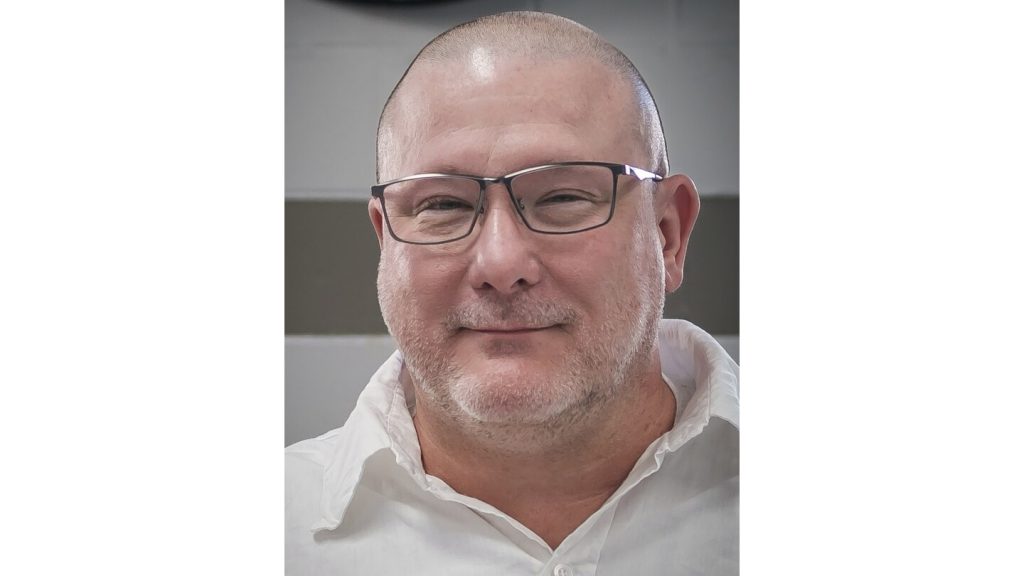Missouri Governor Mike Parson has denied clemency for Brian Dorsey, who was scheduled for execution for killing his cousin and her husband almost 20 years ago. Dorsey’s attorney, Megan Crane, expressed devastation at the governor’s decision and highlighted support from 72 current and former corrections officers, as well as a former Missouri Supreme Court justice, in a clemency petition. Parson, who has never granted clemency as governor, did not provide a comment on his decision. Dorsey’s attorneys have also filed an appeal with the U.S. Supreme Court based on his good behavior in prison and another appeal citing inadequate legal representation during his trial.
Dorsey, now 52, was convicted of the murders of Sarah and Ben Bonnie in 2006. Prosecutors alleged that Dorsey killed the couple after seeking money from Sarah Bonnie and later went to their home and committed the crimes. The bodies were discovered by Sarah Bonnie’s parents the next day, leaving their 4-year-old daughter unharmed. Dorsey’s defense team argued that he was suffering from drug-induced psychosis at the time of the killings and has since gotten clean in prison, with many corrections officers attesting to his transformation. A former Missouri Supreme Court Justice, Michael Wolff, wrote a letter in support of Dorsey, stating that the decision to uphold his death sentence in 2009 was wrong.
In an effort to reduce the risk of pain during Dorsey’s execution, the Missouri Department of Corrections has reached a settlement in a federal lawsuit that raised concerns about potential suffering due to Dorsey’s medical conditions. Dorsey, who is described as obese, has diabetes, and is a former intravenous drug user, could face difficulties with the lethal injection process. The settlement does not specify the changes made by the state regarding anesthetics during the procedure, which could impact Dorsey’s right to religious freedom and access to a spiritual adviser in his final moments. Despite these legal challenges, Dorsey’s execution was scheduled to proceed following the denial of clemency by Governor Parson.
The case of Brian Dorsey has sparked debates about the use of the death penalty and the treatment of inmates with medical conditions during executions. Advocates for Dorsey argue that his rehabilitation in prison and the support from corrections officers should have been taken into consideration by Governor Parson. However, the denial of clemency highlights the challenges faced by individuals on death row in seeking mercy from state officials. As the legal proceedings continue, Dorsey’s supporters are left to grapple with the imminent nature of his execution and the uncertainty surrounding the procedures that will be used in carrying out the sentence. The case serves as a reminder of the complex ethical and legal issues surrounding capital punishment in the United States.


